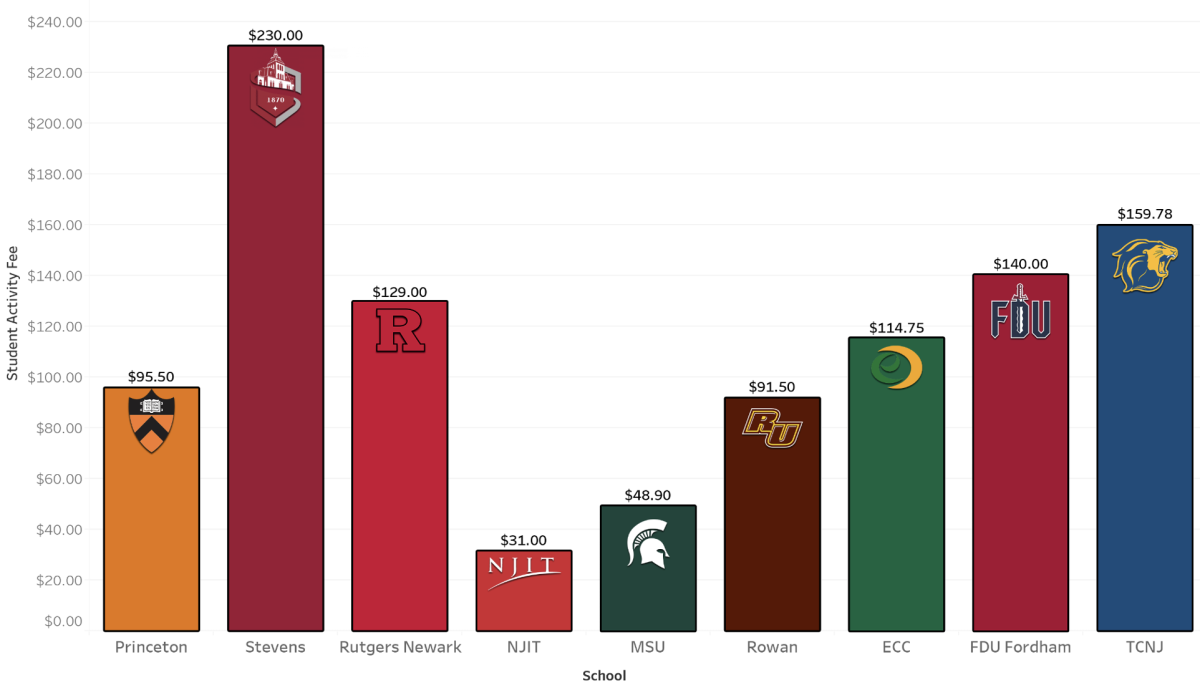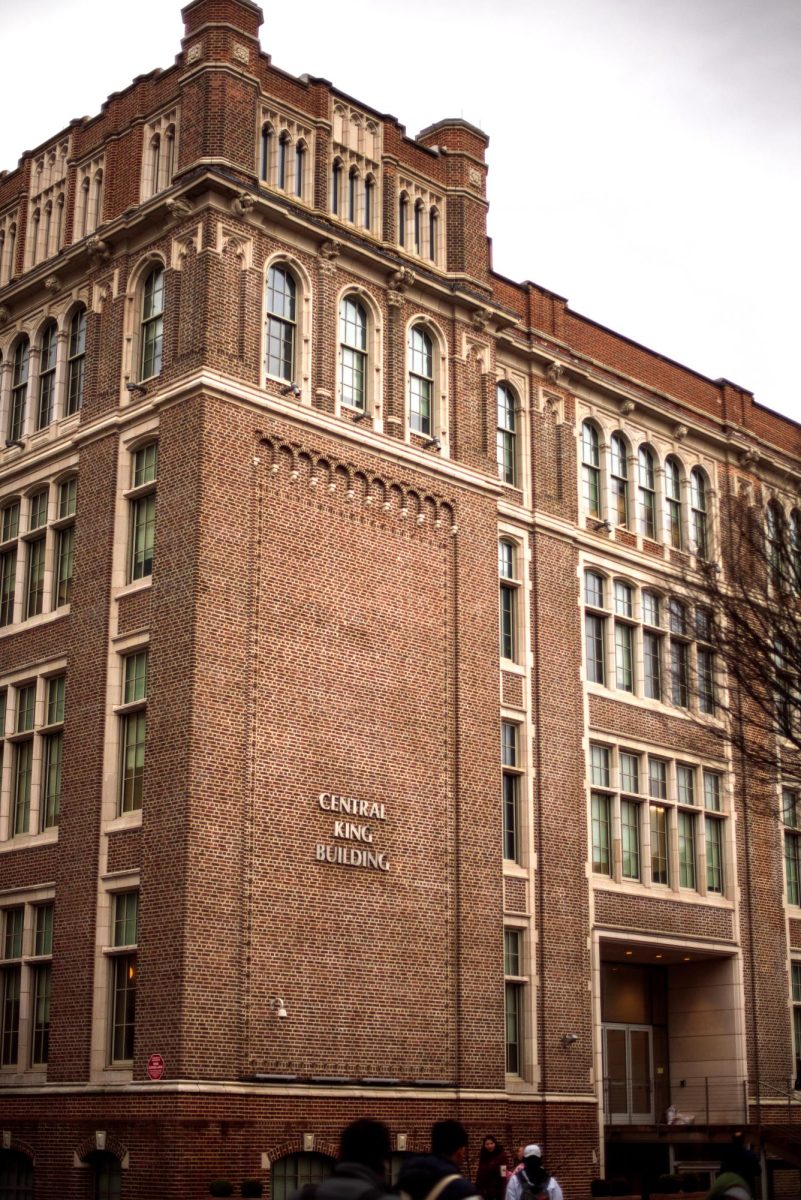American journalists and activists have long suspected government monitoring but could not provide proof of such actions. The release of these documents confirmed their suspicions.
On Mar. 6, San Diego’s NBC 7 News reported the existence of a database created by the United States and Mexican governments to track domestic and foreign activists, attorneys, and journalists involved in the Central American migrant caravan at the end of 2018.
NBC reported that the screenshots of the internal documents were received from an unidentified source within Department of Homeland Security (DHS) whose identity remains anonymous due to the sensitive nature of the information.
According to images provided by the source to NBC 7, the document contains the names of an attorney, 10 journalists and 47 others who the DHS labeled as organizers or “instigators”.
In light of these allegations, NBC reported that attorney Nicole Ramos and at least three journalists were denied entry into Mexico due to an alert on their passports. They reported that many activists participating in and journalists covering the event felt “they had been targets of intense inspections and scrutiny by border officials”.
American journalists and activists have long suspected government monitoring but could not provide proof of such actions. The release of these documents confirmed their suspicions. The source also disclosed information regarding “dossiers” that had been comprised for individuals on the list.
NBC claims to have received the dossier for Ramos, the Refugee Director and attorney for Al Otro Lado—a nonprofit law center based in Tijuana that assists deportees, migrants, and refugees. This dossier disclosed personal information on Ramos, such as details about her vehicle, her mother’s name, and her work and travel history, NBC explained.
Reuters reported that The U.S. Customs and Border Protection agency (CBP) issued a contradictory statement alleging “that it ‘identified individuals who may have information’ about attacks on border patrol agents,” and that gathering information was “standard law enforcement practice.”
According to CBP spokesperson, Andrew Meehan, the tracking was done in response to assaults against border agents between Nov. 2018 and Jan. 2019. NBC reported that their source disclosed information detailing how the blacklist was carried out under the umbrella of “Operation Secure Line,” an operation that closely monitored the caravan.
In response to this leak, Reuters reports that top political figures have taken steps to determine accountability from the Department of Homeland Security, Immigration and Customs Enforcement, and Customs and Border Protection. Sen. Chuck Grassley (R-IA), Chairman of the Senate Finance Committee, and Sen. Ron Wyden (D-OR) issued a letter to the CBP commissioner requesting an “unclassified briefing”.
NJ.com reports that Sen. Bob Menendez (D-NJ) along with Sen. Richard Blumenthal (D-CN) and Rep. Eric Swalwell (D-CA) introduced a bill titled “The Journalist Protection Act” that would make it a federal crime to threaten or attack journalists. This legislation arrives at a time when attacks against the free press are championed by President Trump, who often refers to the media as “fake news” and the “enemy of the people”.
The controversy surrounding the release of these documents implicates both the American and Mexican governments in what the New York Times labeled as a “blatant violation of free speech.” This flagrant attempt to disrupt the checks and balances the media and reporters are responsible for sheds light on the dangers many journalists face in their pursuit of the truth.
In addition to bureaucratic red tape, journalists also face a higher chance of dangers in foreign countries. In 2018, the Committee to Protect Journalists released a report listing the names of 54 reporters killed on assignment, including Washington Post columnist Jamal Khashoggi.
In his introduction of the Journalist Protection Act, Menendez stated that “a free and independent press—a strong Fourth Estate—is essential to the American people and our democracy, ensuring an informed public and holding those in power accountable.”































